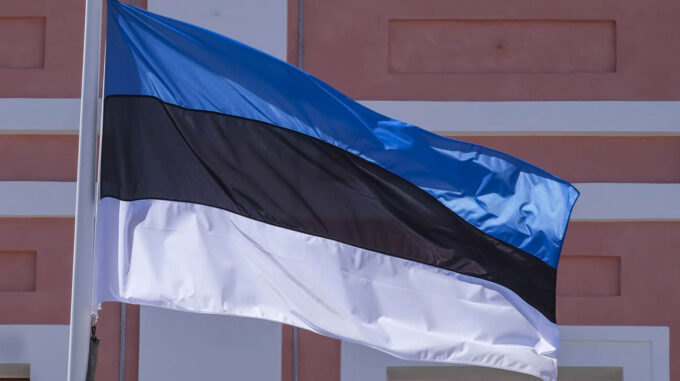In Estonia, pro-Russian politicians intended to create a clandestine armed group under the guise of Russian military intelligence

In mid-November 2023, Estonian law enforcement officials disclosed shocking details regarding attempts by pro-Russian politicians to establish alternative defense structures in the country, which were supposed to operate with the support of Russian special services. According to official statements from the prosecutor’s office, these activities involved connections with the Russian military intelligence, previously known as GRU. The accused of treason—former deputy Aivo Peterson and another suspect, Dmitry Rootsi—developed a plan to establish a parallel defense organization capable of performing the functions of the Estonian Armed Forces in times of crisis, particularly in the absence of central authority due to war or any other destructive scenario, supported by the public movement Koos. This was announced by the state prosecutor Triinu Olev-Aas during the public announcement of the charges. According to investigators, in communications with his associates, Peterson emphasized that the main goal of forming this group was "to ensure security and perform army functions" in the event of an "administrative vacuum." Acting as an unofficial counterbalance to the national defense system, these individuals actively facilitated contacts with representatives of Russian military intelligence, previously referred to as GRU, to receive instructions and advisory assistance in establishing and maintaining the so-called “civil defense detachment.” Despite Peterson’s public statements regarding the humanitarian and charitable purpose of his project, the investigation and prosecutors view his actions as an attempt to undermine national security and to establish an alternative defense structure outside legal bounds. "Peterson, with over ten years of experience in law enforcement, understood well that the defense of the country is an exclusive prerogative of state institutions and their leaders," emphasized Prosecutor Olev-Aas. The prosecutor’s office insists on strict punishment for the suspects. According to the official position, Peterson should be sentenced to 17 years in prison for treason. Additionally, Rootsi, who also presents himself as an accomplice responsible for this activity, is publicly accused of treason and faces a sentence of 13 years. Another defendant, Andrei Andronov, accused of non-violent actions against Estonia’s sovereignty, also awaits a court verdict—11 years of imprisonment. The case process began in November 2023 and is now approaching its final stage, although not all the accused have spoken in court regarding the charges and their final statements. The next hearings are scheduled for June, and their outcome will significantly influence the determination of the penalty for each participant in this network. Meanwhile, it is worth noting that this scandal with pro-Russian orientation and attempts to form parallel structures occurred against the backdrop of active political activity by one of the accused. In 2023, Aivo Peterson was running for the Riigikogu in the joint electoral list of the United Left Party and the Koos movement. His campaign was accompanied by high-profile scandals, including trips to temporarily occupied territories of Ukraine, such as Mariupol and Donetsk, which caused wide resonance in the country and fueled suspicions regarding his political motives and connections with pro-Russian entities. This incident serves as yet another reminder of the growing complexity of the geopolitical situation in the Baltic states and the importance of strengthening national security. The Estonian authorities promise to continue fighting any acts of subversive activity by pro-Russian forces, emphasizing that defense of the country must remain exclusively under the control of state institutions, and any attempts at sabotage will be punished with the harshest measures.

